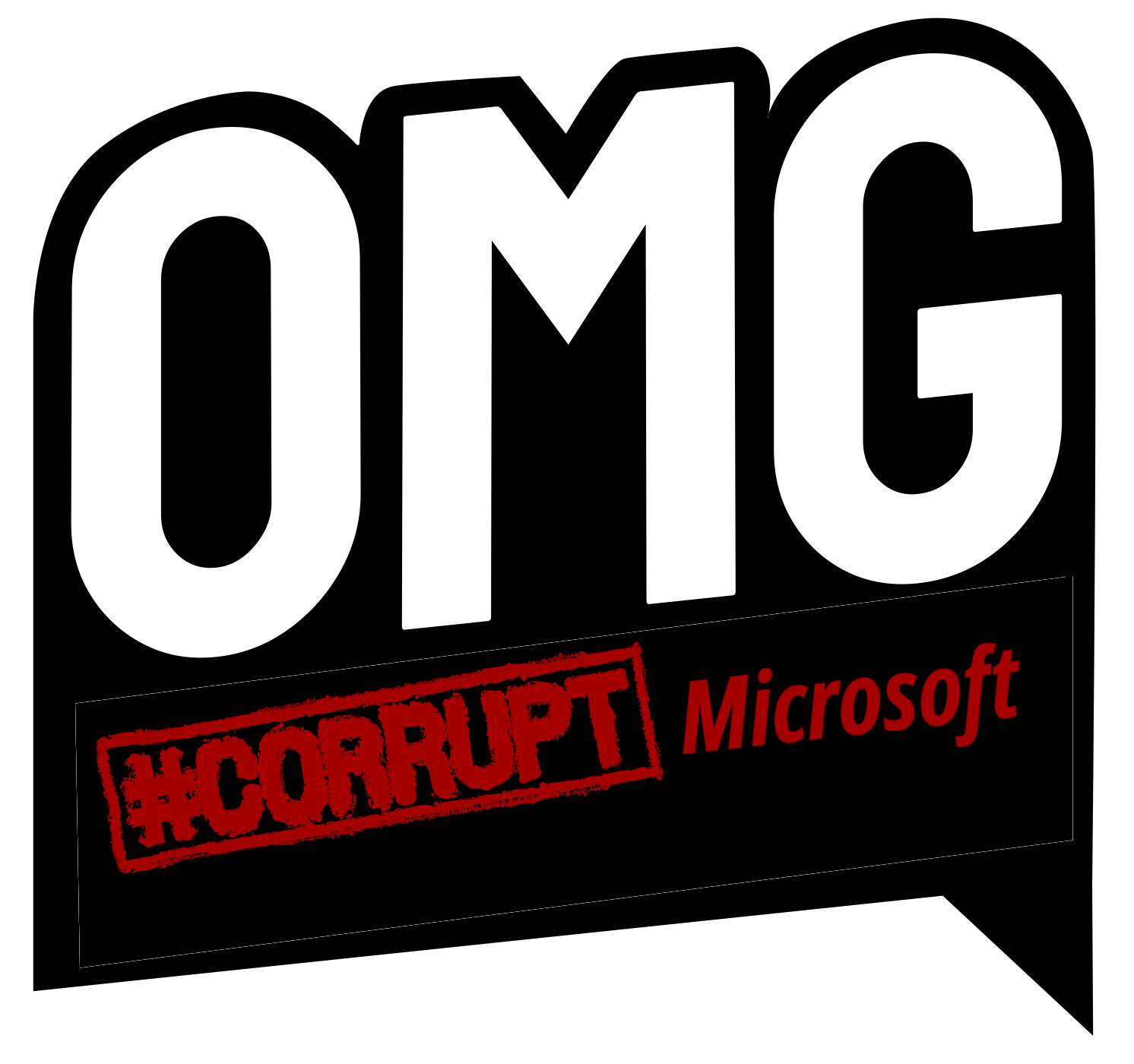The War on Free Software Reporters - Part III - Doxing and LARPing

In Part I and Part II we talked about DDoS attacks (denial of service at large scale; overwhelming the target with bunk requests) and online lynch mobs that thrive in social control media, respectively (and without any respect to truth, laws and so on). We've had to cope with those repeatedly over the years. Today, in Part III, we'd like to talk about another way we've seen GNU/Linux and/or Free software journalists targeted. And no, we're not talking about ourselves. These attack patterns seem widespread and universal.
LARPing is an issue I've had to deal with for nearly 20 years, even as a Ph.D. student at the Victoria University of Manchester (the old one, the original one, the home of the first GNU/Linux distro, whose creator was my colleague). Wikipedia defines that as: "live action role-playing game (LARP) is a form of role-playing game where the participants physically portray their characters. The players pursue goals within a fictional setting represented by real-world environments while interacting with each other in character."
In British slang it has another meaning and the FBI (US) is distinguishing the term as follows: "This article will outline definitive ways to distinguish between LARP and criminal or malicious activity, which may be helpful to both law enforcement and prosecutors if suspects of targeted violence claim they were playacting."
The FBI gives this recent example: "Violent and criminal actors, particularly those involved in a conspiracy, could potentially make false claims, explaining that they were merely LARPing and not intending to follow through with an attack. For example, after Kaleb Franks was arrested in October 2020 for plotting to abduct Michigan Governor Gretchen Whitmer, he told the FBI he and his compatriots were only LARPing. Franks later pled guilty and testified that this was a lie."
The Web site of the FBI goes further to note: "The foremost distinction between LARPers and violent extremists is that genuine role players will not care whether others are watching. They may even embrace third-party observation, such as nonplayer characters or a general audience. After all, LARP is a performance. Conversely, violent extremists or terrorists want secrecy. This desire may contribute to the sense of clandestine excitement that surrounds them and their preparation on a pathway to actual violence."
I've received physical threats, false accusations (attempts at "swatting") quite a lot over the years. Sometimes I mention those in public, but sometimes I prefer not to. Sometimes I report these to the police. Some time this year or next year I'll tell a kind of "swatting" story from 2024.
LARPing is practised or exercised by mentally-ill people some of the time if not a lot of the time or most of the time. They use that as an excuse ("I was only kidding", "I didn't understand", "it was just for fun") and when combined with doxing that aims to intimidate - something that my wife was subjected to very recently - they rush to deny it was intentional and come up with creative excuses for it.
I will never tolerate LARPers and doxers. Some of them had the sheer audacity of inverting the narrative, falsely accusing me of what they themselves had systematically done.
The definition of doxing varies a lot (some spell it "doxxing" with two Xs, so both forms are now considered "acceptable"), so I don't want to elaborate on that today. Some people want you to believe that merely quoting something you tweeted (and is still publicly available and freely accessible to all) is "doxing". By that definition, almost every modern act of journalism would be deemed "doxing". █

